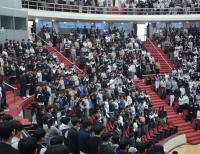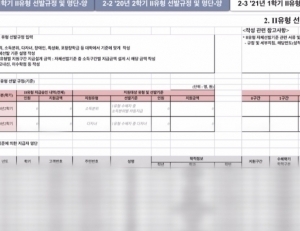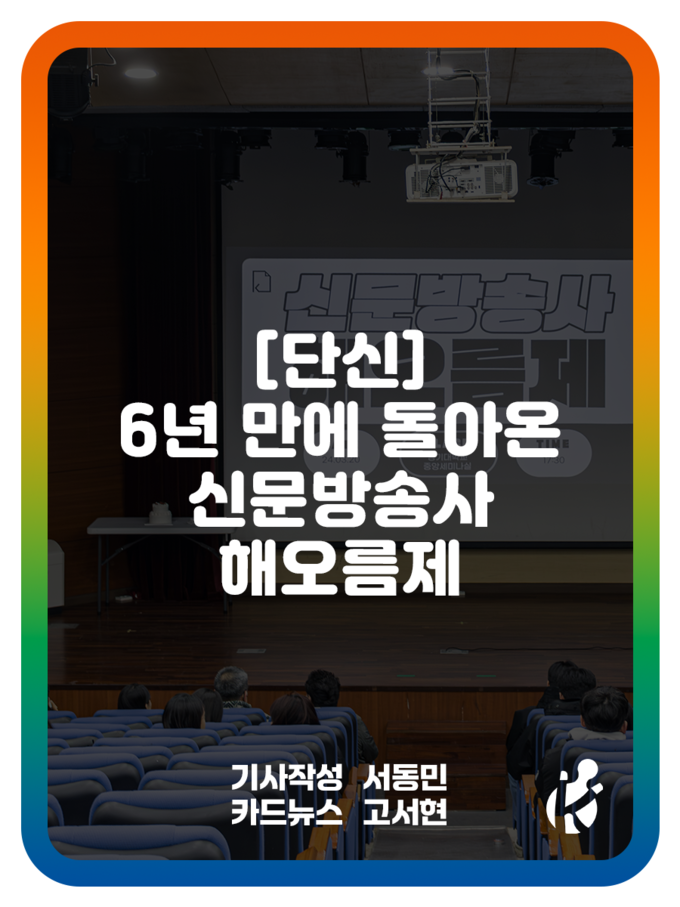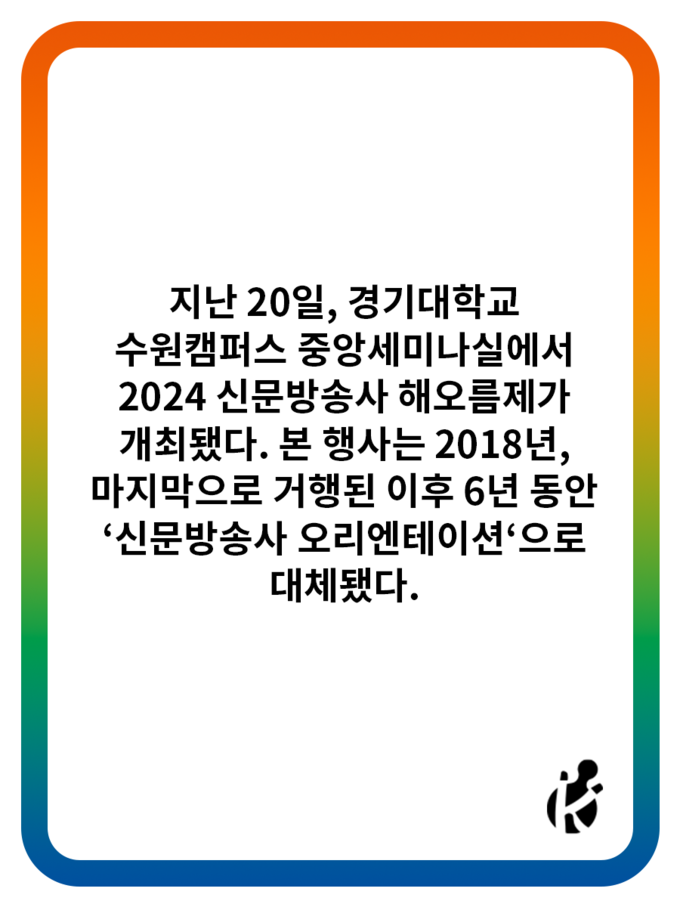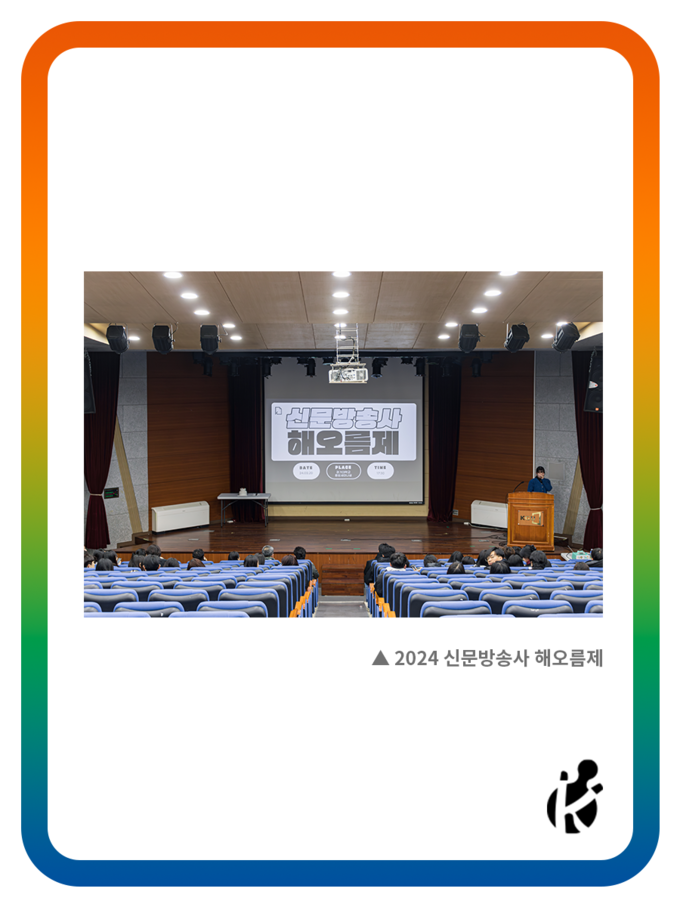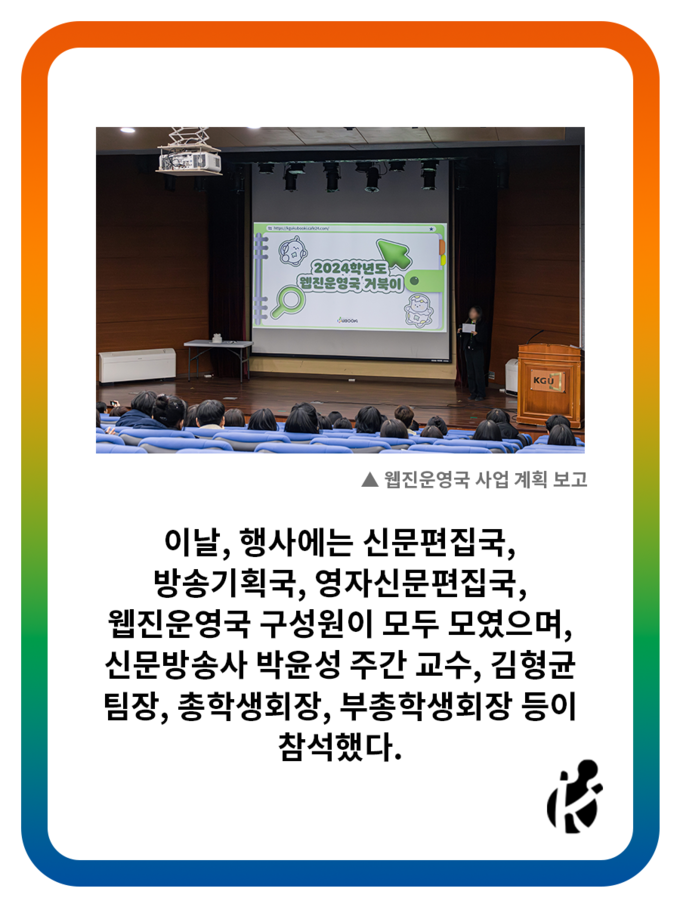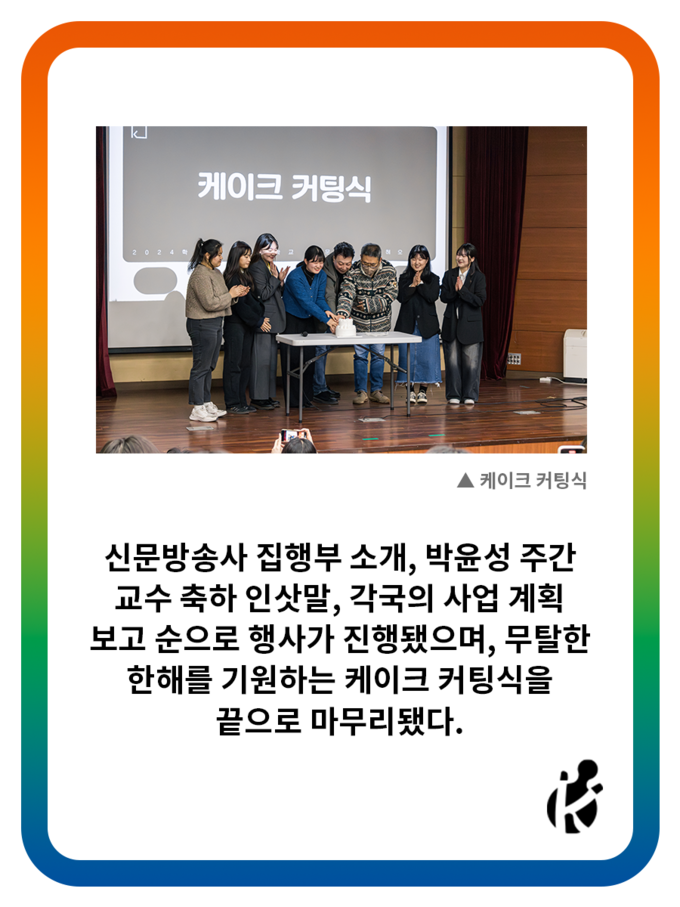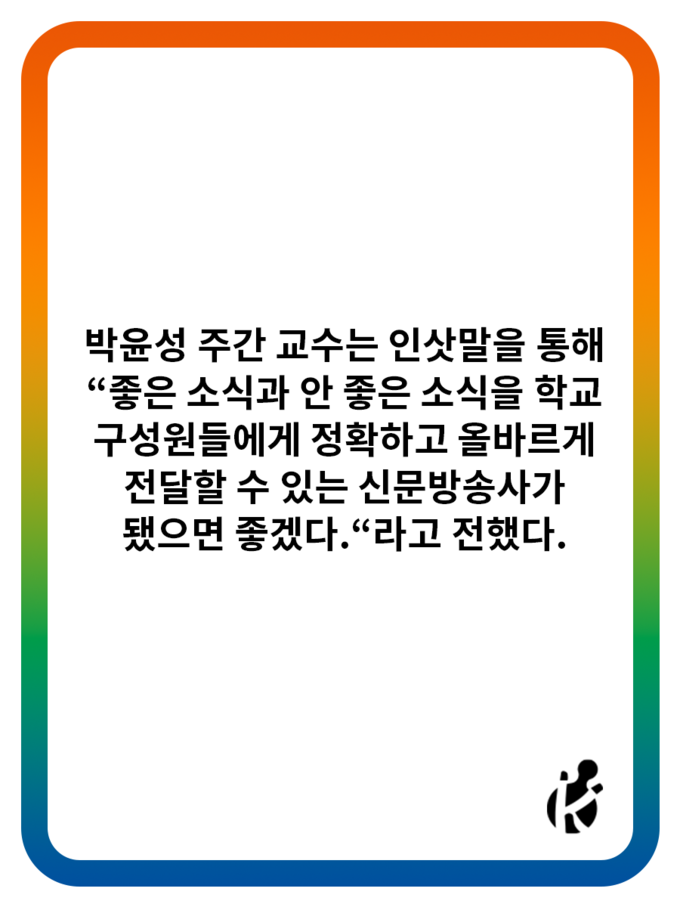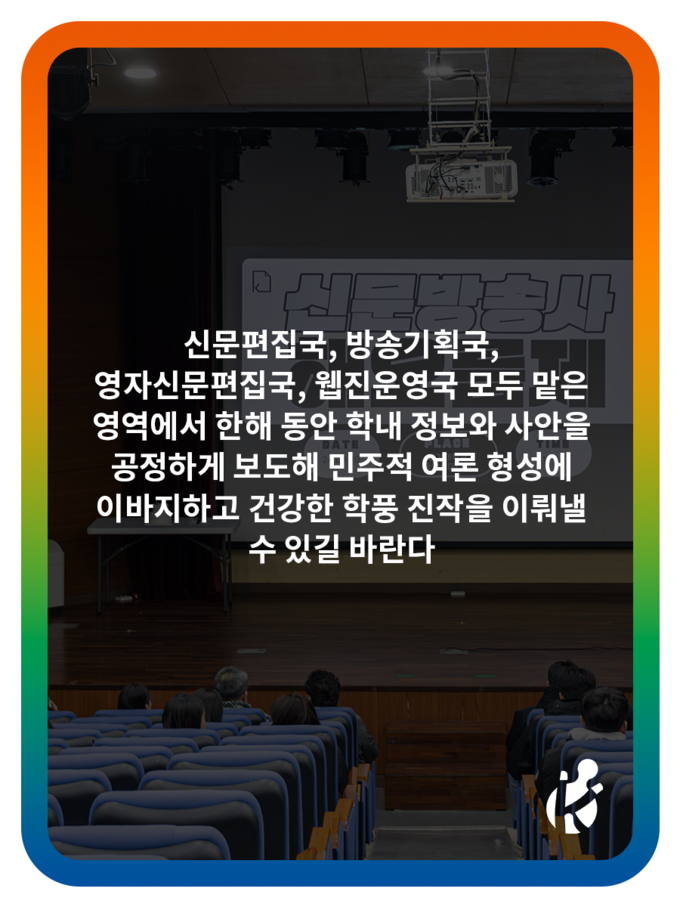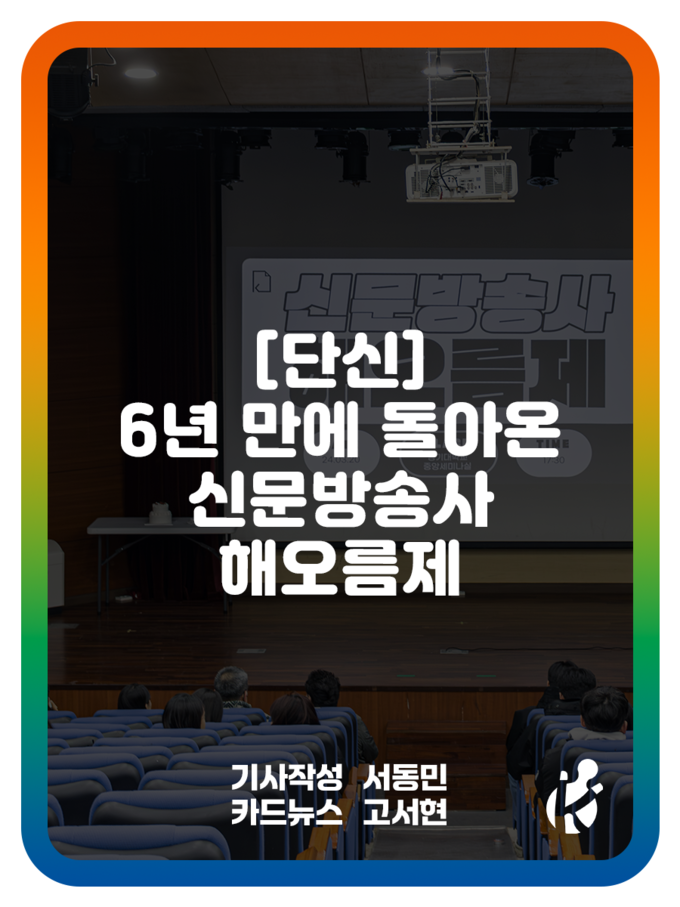In order to understand the incident at the Han River before the death of Mr. Son Jeong-min, a college student, Pharos will explain the known events chronologically. At 22:30, Mr. Son left home to meet a friend. After 23 minutes, they bought alcohol at a convenience store near the Han River, and at 00:45, they bought alcohol at the convenience store once again. At 1:20 a.m, Son’s mother sent a message and Son replied, “Don’t worry” saying he was with a friend. After receiving delivery food at 1:30, while he is believed to have been drunk, he lies down with his friend at 2:18 a.m. At 3:37 a.m., Son’s friend called his family’s house, and a passerby woke him up at 4:30 a.m. And then Son’s friend arrived home 20 minutes later. In the meantime, what was Mr. Son doing and why did he drown?
On June 29, 2021, police closed the case. It was concluded that there was no suspicion of murder by his friend (“A”) who many had suspected. We would like to examine the suspicions surrounding Son’s death and the analysis of experts one by one. The first suspicion is that friend A claims that the blackout is a lie. On the day of the incident, the friend’s claim of not remembering being drunk is dubious. He visited his house alone and came back to find Son Jeong-min. However, according to Professor Lee Ho, a law school professor at Jeonbuk National University, everyday behavior is possible even in blackouts. Also, when he came back to the Han River to find Son Jeong-min, he can be judged to be drunk by CCTV footage of him sitting in random places, lying on the road, and vomiting in an underground parking lot. The second suspicion is that his shoes were discarded immediately. This is what Son Jeong- min’s father is most suspicious of. However, it is argued that the shoes were so old at the time that they were thrown away because of vomit and dirt, and that they did not expect such actions to happen later. Lastly, it is questionable whether friend A forcibly drowned Son Jeong-min. There is a large stone field at the point of death, so it would have been impossible to kill the victim just by pushing him. There are no such wounds on the victim’s body to show that he was dragged into the water. If friend A had taken Son to the water himself and pressed him to drown, friend A should have been wet, but according to eyewitness testimony, A was not wet when he returned home. Also, according to the analysis of domestic crime psychology experts such as Professor Lee Soo-jung and Professor Kwon Il-yong, the motive for the crime was insufficient, and the actions of A and his family members were very different from standard “criminal characteristics.” Police investigations and statements made by numerous experts and witnesses are unlikely to be contradicted.
Through the above incident, we need to rethink the role of the press. The media doesn’t worry about sharing rumors, privacy revelations, scandals, or personal attacks. It only cares about attracting people’s attention and public curiosity. Surely the public has a right to know and there will be good press. However, these days most media outlets offer too much stimulation. We can’t imagine the pain of Mr. Son’s friend due to fake news, suspicious videos posted on YouTube, fabricated evidence, and distorted claims. Public opinion flowed as if his friend was a murderer, and most people insisted on a proper investigation into the “unfair death of Mr. Son.” However, based on a variety of evidence, it is safe to say that the possibility of the friend committing the crime is almost zero percent. It is very easy to fool viewers by making nothing special seem like evidence. Raising low media credibility is not only for the media industry but also a task necessary to boost overall low Korean social credibility and achieve social integration. Younger people tend to spend more time using media, but less time watching the news. The use of news through social media has increased significantly, especially on YouTube. Therefore we need to broaden our interest and critical views on the media.
Interview
Please introduce yourself.
I’m Park Soo-Yeon, a senior majoring in economics at Kyonggi University and an intern reporter at Today Korea.
What do you think the role of the media is?
I think the first duty is to convey the facts. Each person has different values and ideals, but I think it is important to exclude individual values as much as possible and identify facts about events and phenomena. Secondly, I think it’s about bringing to the surface the events that people may not know or that may get passed over or buried. I think we should try to satisfy citizens’ right to know and reduce the gap in information.
What do you think is the media you view the most and the media that people can access the most easily?
I would say Internet articles. These days, there are fewer people who read newspapers, so I think most people are exposed to the media through the Internet or SNS. I think this contributed to the blurring of the media. However, the ability to discern fact-checked information seems to be more important than before.
What do you think is the problem with the current media?
It is not just a matter of the moment, but I think that objectivity may be shaken or information that must be known may be distorted due to large companies and governments that still affect the media.
As a student, what is your perspective on the media, and how can people develop a correct perspective?
These days, I think everyone can write and publicize their own writings and thoughts. In other words, we are both an acceptor and a provider of information. Thanks to yourself, no matter where you are or what you are doing, you have no difficulty sharing and communicating information freely. However, as the saying goes, “The pen is stronger than the sword,” so you need to be more responsible for your words, actions, and writings. We also need to develop eyes that can objectively accommodate vast amounts of information. This also applies to the media we encounter. Rather than accepting news and opinions unconditionally, I would like to see the media embrace a critical and objective mindset.
The benefits are greater than the punishment of deliberately creating suspicions to get people’s attention or mass-producing fake news to attract public opinion. For example, the problem is that in communities where anonymity is guaranteed, anyone can easily defame another person, and the possibility of punishment is very slim. If you want a fair investigation, you should look at the investigative process from an objective perspective. Instead of confirming the possibility of crime from a biased perspective, you should compare various media outlets and develop your own open-minded thoughts. Bad news is more contagious than good news.
Management Editor · CHOI HYUN JEONG · chj010627@naver.com
Planning Editor · KIM DA HUN · ekq8458@kyonggi.ac.kr
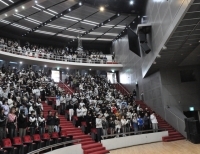 What Happened in KGU? : 수원캠퍼스 학생총회 편
On April 4th, a general meeting of students was held in the Tele-convention center at the Suwon campus. The contents were the same as the general meeting of students in the Seoul campus: the first part was for agenda announcement, the second part was about the Membership Training for whole university, and the third part was simple Q&A time. In the first part, the agendas were all the same as the ones for the Seoul campus, and the result of the ...
What Happened in KGU? : 수원캠퍼스 학생총회 편
On April 4th, a general meeting of students was held in the Tele-convention center at the Suwon campus. The contents were the same as the general meeting of students in the Seoul campus: the first part was for agenda announcement, the second part was about the Membership Training for whole university, and the third part was simple Q&A time. In the first part, the agendas were all the same as the ones for the Seoul campus, and the result of the ...

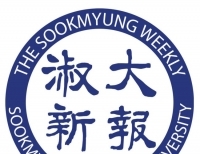 [타 대학보 축사] 경기대신문의 1100호를 진심으로 축하드립니다
[타 대학보 축사] 경기대신문의 1100호를 진심으로 축하드립니다
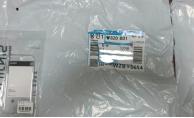 [와이파이] 큰 박스에 달랑 물건 하나, 과대포장 규제 정책 시행은 언제쯤
[와이파이] 큰 박스에 달랑 물건 하나, 과대포장 규제 정책 시행은 언제쯤
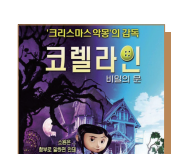 [문화산책] 이 세계는 멋져 보이지만 모두 환상이야
[문화산책] 이 세계는 멋져 보이지만 모두 환상이야
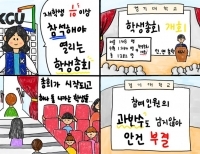 [네컷만화] 학생총회
[네컷만화] 학생총회

 목록
목록





